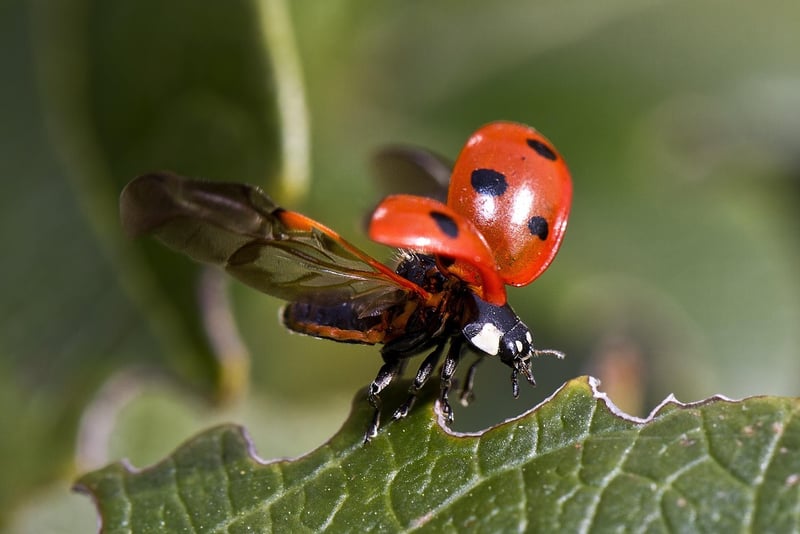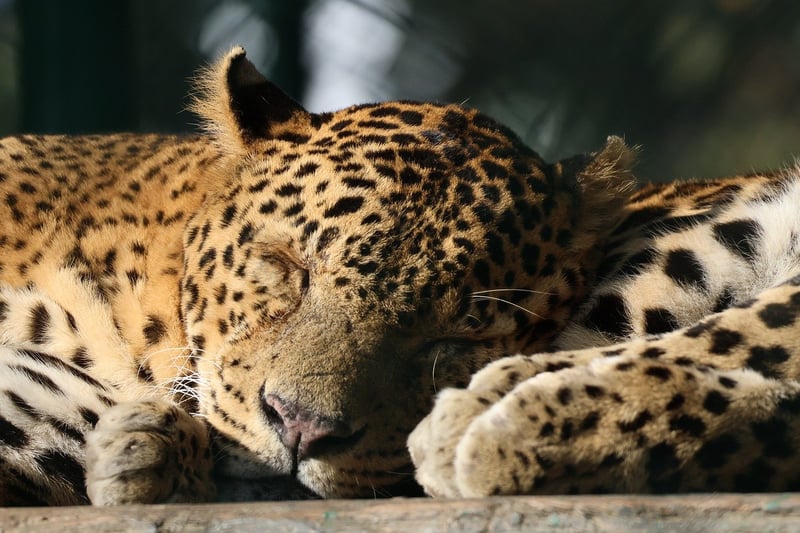Natural Predators
Protecting Your Garden with Natural Predators
Having a beautiful garden can be a rewarding experience, but it often comes with the challenge of dealing with pests that can harm your plants. While pesticides are commonly used to combat these pests, they can have harmful effects on the environment and the beneficial insects in your garden. One natural and effective way to control pests is by attracting and supporting natural predators that feed on garden pests.
Benefits of Natural Predators
Natural predators are beneficial insects or animals that feed on pests in your garden. By attracting these predators, you can create a balanced ecosystem that helps control pest populations naturally. Some of the key benefits of using natural predators include:
- Reduced need for chemical pesticides
- Cost-effective pest control
- Preservation of beneficial insects
- Improved plant health
- Sustainable gardening practices
Common Natural Predators
There are several natural predators that you can attract to your garden to help control pests. Some common natural predators include:
- Ladybugs: Feed on aphids, mealybugs, and other soft-bodied insects.
- Praying mantis: Feed on a wide variety of insects including caterpillars, beetles, and flies.
- Lacewings: Feed on aphids, caterpillars, and other small insects.
- Ground beetles: Feed on caterpillars, slugs, and snails.
- Birds: Feed on a wide range of insects including caterpillars, beetles, and grasshoppers.
Tips for Attracting Natural Predators
If you want to attract natural predators to your garden, here are some tips to consider:
- Plant a diverse range of plants to provide food and shelter for predators.
- Avoid using chemical pesticides that can harm natural predators.
- Install bird feeders and birdhouses to attract insect-eating birds.
- Set up a small pond or water feature to attract beneficial insects like dragonflies.
- Leave some areas of your garden undisturbed to provide habitat for ground beetles and other predators.

Conclusion
By attracting natural predators to your garden, you can create a healthy and balanced ecosystem that helps control pests without the need for harmful chemicals. Supporting natural predators is not only beneficial for your garden but also contributes to sustainable gardening practices that protect the environment.
So, next time you spot a ladybug or praying mantis in your garden, remember that they are nature's own pest control agents working hard to protect your plants!
